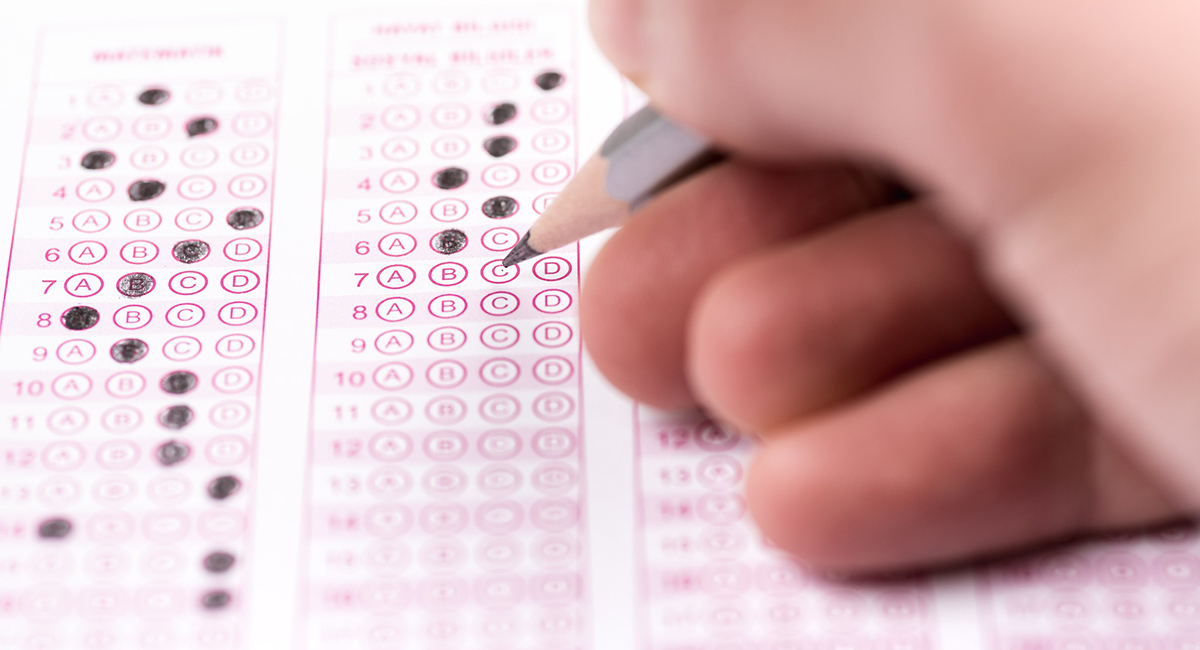One of the major possibly semi-permanent effects of the pandemic is that a huge number of colleges and universities have dropped requiring prospective students from submitting courses on the SAT or ACT examination. Proponents of the move can cite several reasons for the change. These exams cost time and money to take, and thus are an obstacle to applying for college, more so for those with limited incomes. They seem to disadvantage minority applicants except Asians, who tend to have average scores significantly lower than for white applicants. Moreover, most studies show that the best predictor of postsecondary academic success is high school performance, as measured by grades, courses taken, even extracurricular activities. Hence the trendsetting University of California, whose Berkeley campus is ranked first by Forbes, has nixed requiring the exams, not to mention many other prestigious private schools and many flagship public institutions.
As in most things, however, there is an alternative point of view. While it is probably true that the best single predictor of collegiate academic performance relates to high school grades (and also the quality of the high school attended), there has been generally a positive correlation between SAT or ACT test results and subsequent college performance—kids with high SAT scores usually do better in college than ones with low scores. In my own personal experience in evaluating honors student applications, those with very high SAT scores usually do very well in college, on average better than those with less impressive test results. More information is better than less, and test score information can help reduce college mismatch—admitting students who subsequently struggle to succeed while incurring large college debts.
What happens when a school becomes test optional? Perhaps not as much as you might expect. A Chronicle of Higher Education story provided some data from the University of Virginia that I found very revealing. For the class beginning last fall, 57% of applicants submitted test scores in spite of the fact that it was not required. I suspect these students thought they would do relatively well on the test, and, other things equal, it would enhance admissions prospects. It turns out 72% of those admitted were test-submitters. Doing the math, I calculated that those submitting test results had nearly twice as good of a chance of being admitted than the 43% not submitting results.
My guess is the admitted students on average had higher high school grades and perhaps other attributes (student leadership roles, athletic prowess) attractive to UVA. Modern day observers are largely unaware of nefarious admission practices in the first half of the 20th century that discriminated against some students, notably those of Jewish descent, and how the SAT test was viewed as an objective measure of academic merit that would remove or reduce discretionary decisions made by admissions bureaucrats in enforcing prejudicial behavior—see great books by Jerome Karabel (The Chosen) or Daniel Golden (The Price of Admissions).
A concern of some, including me, is that in our quest to achieve such commendable objectives as racial justice, greater intergenerational income mobility, and more economic diversity in picking students to attend top schools, we may lose sight of the fact that truly superlative “higher” education can be fully achieved only by students who are cognitively superior and highly motivated. There may be a trade-off here: achieving full socioeconomic, racial, and ethnic diversity may be possible only by sacrificing high academic standards. If we are too aggressive in pursuing non purely academically meritorious standards, we may lose America’s reputation of having a disproportionate number of the best educational institutions in the world. Perhaps this is a price we should pay to right past injustices—but there is a price.
There is also I think significant differences in the prevailing views within the academy and the general public in these matters. This is perhaps best illustrated by the rather sharp rebuke of California’s political leaders in the legislative and executive branches last year when the people of the Golden State constitutionally rejected, rather decisively, efforts to allow affirmative action play an important role in admissions and hiring decisions at public universities. Life is a series of tradeoffs, even in college admissions.













